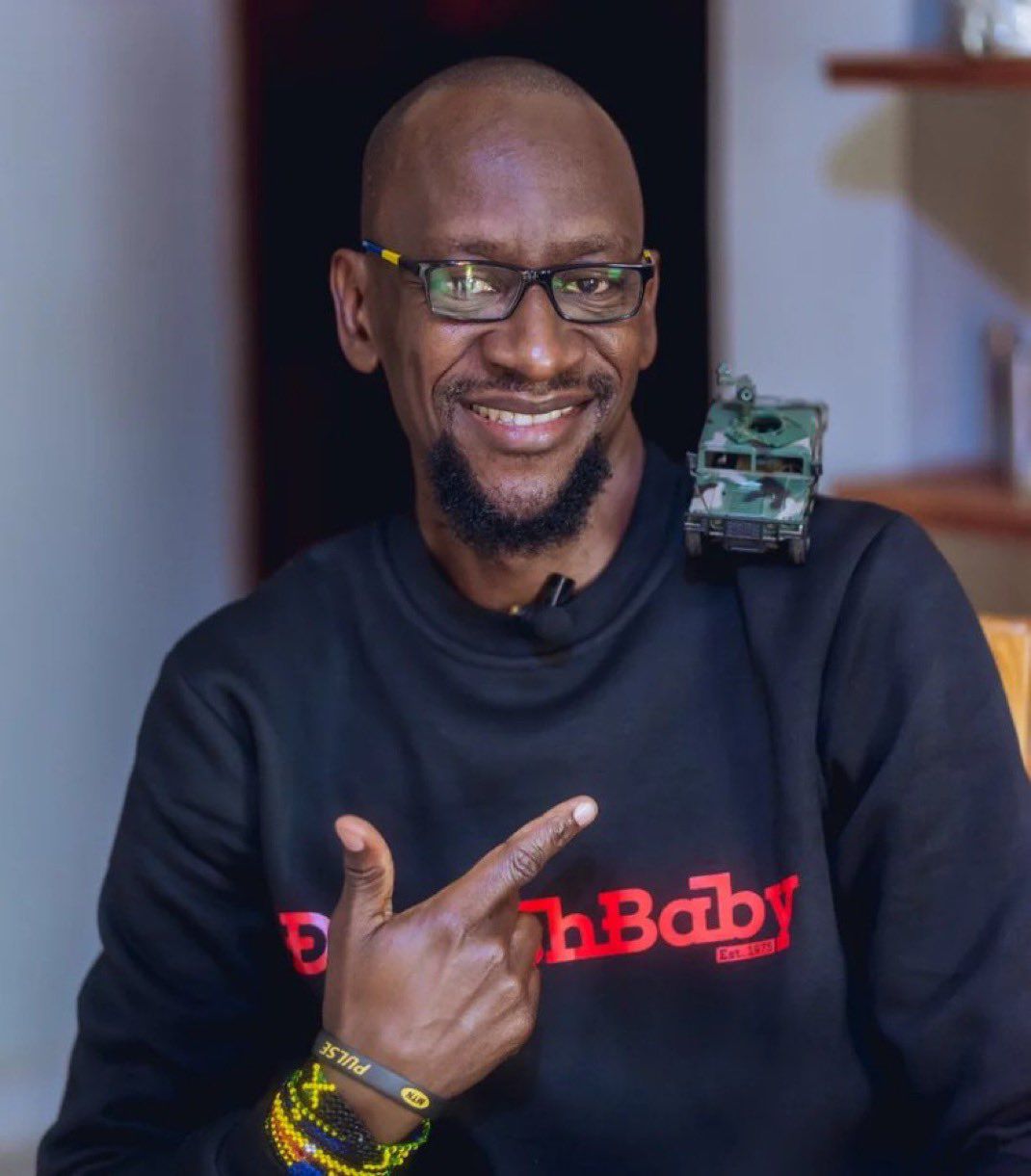Roshan Mathew Interview: I don't judge my characters
Published on
:
In a scene from Roshan Mathew’s recently released Hindi show (streaming on Sony LIV), his character, Ashu, prepares to fake a cry. Stressing his cheeks and lowering his eyelids, he gets into the muscle memory of tearing up. In the next moment, he comes back to normalcy. It is a scene that effectively portrays Ashu's manipulative tendencies. He hides a sinister force behind the innocent face. Roshan’s performance builds on this ambiguity with a measured subtlety. He channels a serpentine chaos in his mind while embodying an almost childlike vulnerability through his physical presence. Even though the show is an adaptation of the Israeli series, (2019), Roshan didn’t want to watch the original as he felt like finding his own version of the character. Close to the shoot, the actor had a strong urge to take a peek into it. However, he couldn’t go beyond five minutes. “I sensed that it was dangerous. If I continued watching, I would have retained what that particular actor had done with the character,” Roshan says.
In this conversation, the actor reflects on his process of playing such dark characters, his wish to work with filmmakers like Vikramaditya Motwane, his experience of working in the Malayalam and Hindi film industries and more.
(Excerpts)
Q
A
It was not very different from any other character. It's just that the possibilities with Ashu are endless. All I had to do was understand the core reasoning behind his actions. During the shoot, it was very intense. It was physically draining and emotionally exhausting, but it was a very enjoyable shooting experience because it felt so liberating to be playing the character.
Q
A
Not really. I try to find my reasons to empathise with them rather than judge them because it gets a little difficult to essay such roles otherwise. After the shoot, when you come back home and think about it as a third person, there are things that you disapprove of on a moral level. But while you're playing that character, it has to feel like the right thing to do. In fact, it has to feel like the only possible thing that can be done in that situation.
Q
A
You just have to rely on somebody on the outside to tell you because I don't go and watch the monitor after each take. But having said that, in a process that's as long as shooting a series, you also develop a sense of judgment of whether it feels genuine or not. Also, every day of shooting is different. There could be days when it just feels magical and there will be days when you will struggle and have to take help to figure your way out of that situation.
Q
A
It is almost always very important for me to know who the creators are. It is something that I always ask or try to find out. In fact, some filmmakers are sort of pre-approved in my head.
Q
A
There are many. Vikramaditya Motwane, for instance. If they call me for anything, I will just go and work without knowing much about what the character is or what the script is like. Apart from that, when I read a script, if I find it exciting, then that's a half-yes in my head already. Also, with time, what you find exciting keeps narrowing. It will have to be something that's different from what you have done before or something that you think is very original or fresh. Then there is a tendency to get choosy.
Q
You have also worked across languages in Malayalam, Hindi and Tamil. When you are working in a language which is not your first language, does your approach change as each language has a different way of expressing emotions?
A
I have so far only worked in languages which I have a certain amount of comfort with. Malayalam is my mother tongue and is the language I am most comfortable with. But Hindi and Tamil are also not difficult for me. I can think or translate my thoughts into Hindi on the go. I don't necessarily need to write all the lines word for word. I have some familiarity with Tamil as well as I studied in Chennai. Of course, it’s not at the same level as Hindi, English or Malayalam. But it's still not a language that's alien to me which demands a drastic change in my process.
Q
Having worked in the Malayalam film industry and now in the Hindi film industry, what are some things you think the Hindi film industry can learn from the Malayalam film industry and vice versa?
A
I don't know what an industry can learn from another. Everything that the industry is doing is based on how the audience reacts to what the industry has done before. As the audience evolves, the industry will automatically follow that evolution because it is demand and supply at the end of the day. We are creating something and it does not mean anything unless audiences watch it. So, ultimately, it’s the audiences’ demand that can change an industry.











